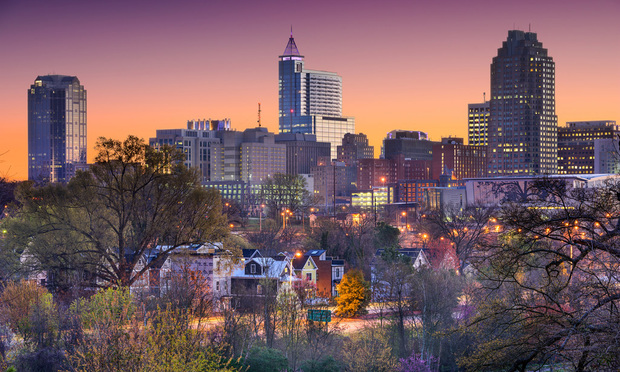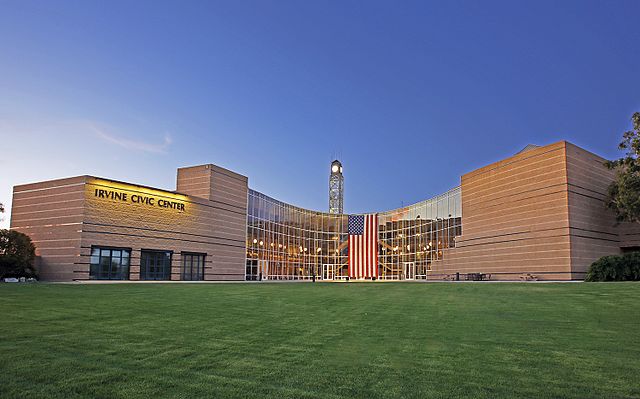© Touchpoint Markets, All Rights Reserved. Request academic re-use from www.copyright.com. All other uses, submit a request to [email protected]. For more inforrmation visit Asset & Logo Licensing.
Trending Stories
Events
- Real EstateGlobeSt. ELITE Women of Influence (WOI) 2025July 21, 2025 - DenverGlobeSt. Women of Influence Conference celebrates the women who drive the commercial real estate industry forward.More Information
- Real EstateGlobeSt. Multifamily Fall 2025October 15, 2025 - Los AngelesJoin the industry's top owners, investors, developers, brokers & financiers at THE MULTIFAMILY EVENT OF THE YEAR!More Information
Recommended Stories
401(k) in-plan lifetime income solutions are now a top priority: Goldman Sachs
By Lynn Cavanaugh | July 01, 2025
While over half of annuity providers already offer a retirement in-plan solution, a majority believe that automatic plan defaults will be the most effective catalyst for broader adoption, according to a Goldman Sachs annuity survey.
Creating a stream of guaranteed lifetime income in retirement, just like baseball's Bobby Bonilla
By Lynn Cavanaugh | July 01, 2025
On July 1, a new Nuveen and TIAA campaign explores the power of guaranteed income in retirement planning through the story of Bonilla’s legendary income deal in 2000, when he deferred payment for 10 years – an unusual move at the time – similarly to a fixed annuity.
Latest House bill that allows collective investment trusts in 403(b)s gets support from trade group
By Lynn Cavanaugh | June 30, 2025
The Retirement Fairness for Charities and Educational Institutions Act of 2025 is supported by the National Association of Government Defined Contribution Administrators, which serves 15 million teachers, hospital workers, and nonprofit employees.
Resource Center

Research Report
Sponsored by Zorro and Ambetter Health
2025 Broker ICHRA Survey Report
What do brokers really think about ICHRA five years in? This report reveals how the model is evolving, what’s driving adoption, and what brokers need to succeed as demand grows.

Infographic
Sponsored by ArmadaCare
4 Key Win-Wins of Executive Medical Plans: Unlocking Far-Reaching Organizational Value
This infographic explores a cost-effective and compliant way to solve clients’ business problems before busy season hits full stride.

Article
Sponsored by TIAA
Advising on Annuities: The In-Plan Advantage for Your Clients
Secure income is a top priority for your clients’ retirement plans, but annuities can be complex. This guide clarifies in-plan vs. retail options, empowering you to offer superior advice, highlight cost savings, and enhance client trust.













